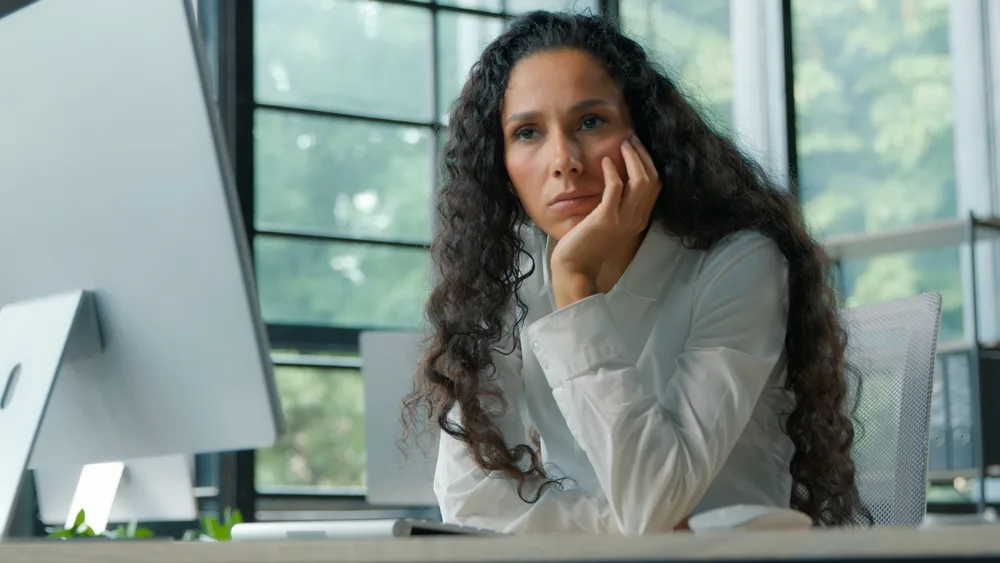
Everyone has experienced headaches before. Usually, they will go away with simple cures like sleep, over-the-counter pain medicine, caffeine or just a little bit of time.
Less often, headaches can be pretty serious in nature. Sometimes, the pain may persist and will require you to seek help from a medical doctor. Persistent headaches may be associated with severe medical conditions. But how do you know when to see a doctor about a headache? Understanding what is causing your headache and identifying other symptoms may help you to solve the problem.
Typically, the persistence and severity of the headache should determine your reaction. You should know whether it is wise to deal with your headache from home or instead seek medical advice. Here is some information to help you understand your headache, treat your headache at home and determine whether you need to see a doctor.
Primary and Secondary Headaches
A headache is sometimes caused by other problems with your body. In these cases, the head is not the source of the problem. It is as a result of illnesses of other parts of the body.
When the headache has no underlying condition, it is called a primary headache. While you may be disturbed by the pain, a primary headache is usually not a cause for concern. Some of the causes of such headaches are inflammation of other body parts like the neck. These may include inflammation of blood vessels, nerves or muscles. The types of primary headaches include cluster headache, tension headache, hypnic headache and migraine.
Secondary headaches result from other conditions that lead to a pounding head. A secondary headache usually originates around the head or neck. These types of headache are not as common, but they can be a sign of other severe conditions. These include brain tumors, aneurysm and injuries of either the neck or brain.
It is also essential to know whether you could be experiencing a sinus headache and how best to treat it. Sinus headache begins when your sinuses are inflamed. In most cases, the inflammation is caused by some allergic reactions. Taking allergy medications or using nasal spray may ease the problem.
When to Seek Help for a Headache
It is important to see a physician before your headache results in a more severe issue. However, when you have a headache, the first thing is to try to ease the pain at home. The following are some common home remedies that you can practice to help reduce pain. These include but not limited to:
- Drinking a lot of water.
- Getting plenty of rest.
- Taking painkillers.
- Doing some exercise whenever possible.
- Relax, especially if you suspect your headache is a result of stress.
You should see a doctor if you have a headache that does not respond to everything you do to calm it. If the headache keeps coming back or you notice a change in the headache’s pattern, it is time to seek help.
When to Seek Emergency Medical Care
The first time you experience pain in your head may not be a time to worry about a headache. At first, it may start with mild discomfort that may not raise an alarm. However, with time, it may lead to more severe body reactions.
When the headache is accompanied by other symptoms, you should act fast. Do not wait to get treatment for your migraine or headache if it is unusual. Some of the symptoms that may make you want to seek help immediately include the following:
- Speech problems
- Stiff neck
- Fainting
- Vision problems
- Problems with walking
- Vomiting or nausea
- Parts of your body are becoming numb
Also, if your headache keeps you away from your usual activities, you should be concerned. You should also seek medical attention when you experience extreme pain. The cause of the problem could be a new condition in your body, and the earlier you seek help, the better off you may be.
Some headaches may arise as a result of problems with your nerves. It is good to know when to see a neurologist for headaches. Knowing the cause of the pain is the best way to know what kind of treatment you need.
Complimentary or Alternative Treatments for Migraine or Headache
It is also essential to know how to treat headache and migraine pain. Sometimes, you may feel that you have taken pain medicine for long and nothing is changing. This is a good time to seek help from alternative treatments. Some alternative methods of treating migraine include relaxation and stress control.
When dealing with pain resulting from stress, you may need to try other treatments. Do not stick to conventional medicine only. There are other alternatives that you can use to deal with the situation. These include relaxation techniques to make your head relax and get rid of any forms of stress.
Some of the main stress relief treatments include yoga and massage. Stress is one of the leading causes of a headache, and controlling it will go a long way toward relieving pain.
Yoga is a practice that helps you stretch and improve your breathing techniques. It helps a lot to relieve the body of any stress. The movements in yoga work out the neck, wrist, shoulder and elbows, among other body parts. It helps to flex the muscles and ultimately get rid of pain.
Massage is essential when it comes to easing tension and relaxes muscles. It can result in reduced migraines. If you are experiencing severe pain, you may decide to seek a professional massage.
Other ways to relieve your headaches include the following:
- Over-the-counter medications like aspirin, ibuprofen or acetaminophen
- Resting in a dark room
- Small doses of caffeine
- Cognitive behavioral therapy to help you reduce stress
- Placing a hot or cold compress on your forehead
- Physical therapy
- Oxygen therapy
- Preventive medications
Precautions
When you experience pain in your head, it is important to understand that it could be a result of many different things. That is why it is essential to be cautious and seek medical help whenever the pain persists.
By Admin –



